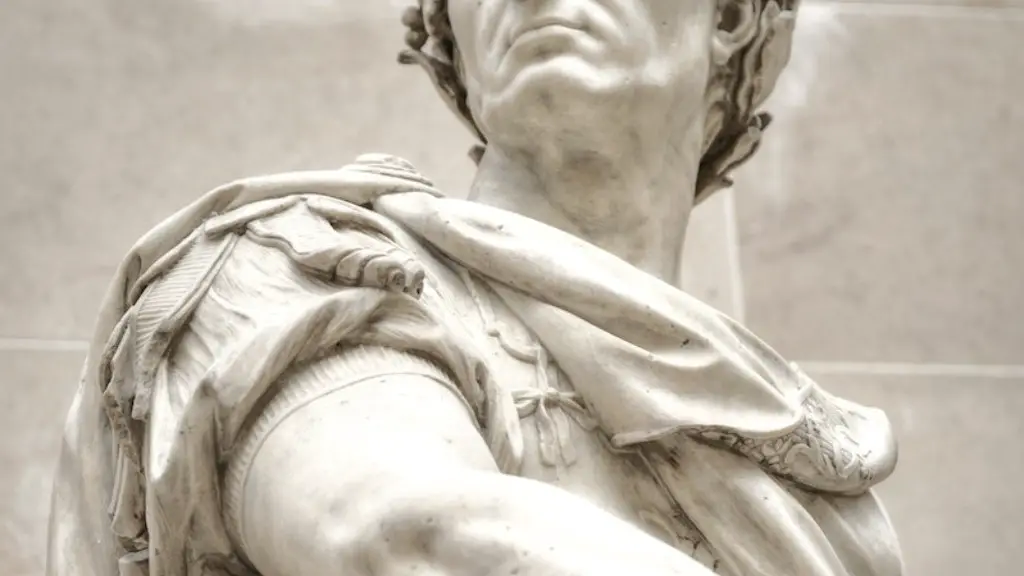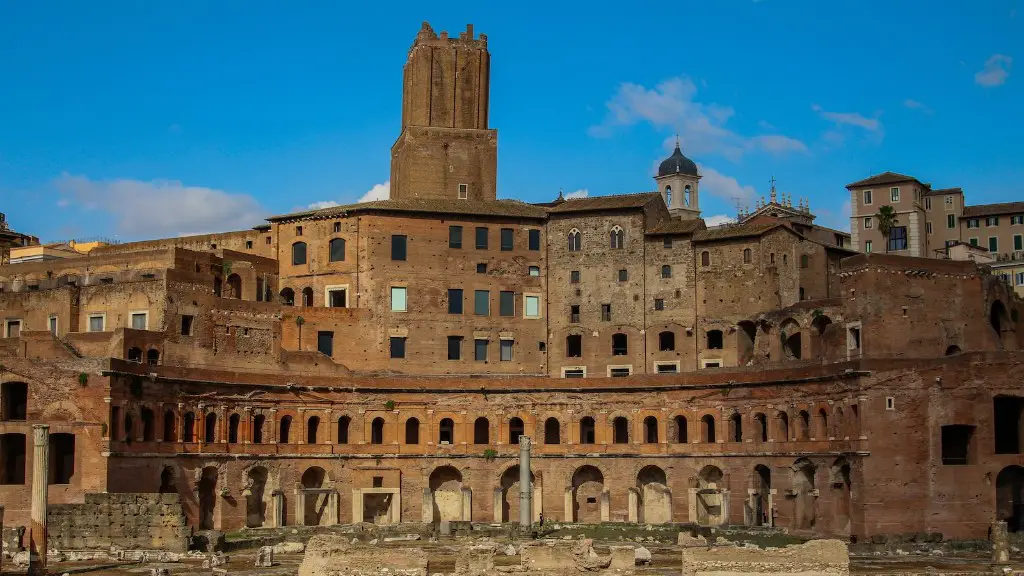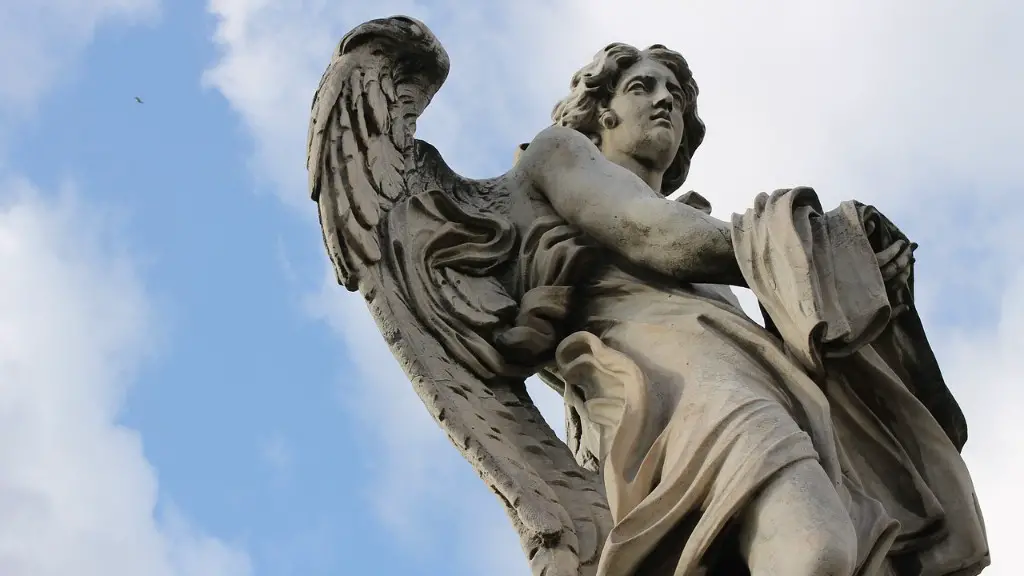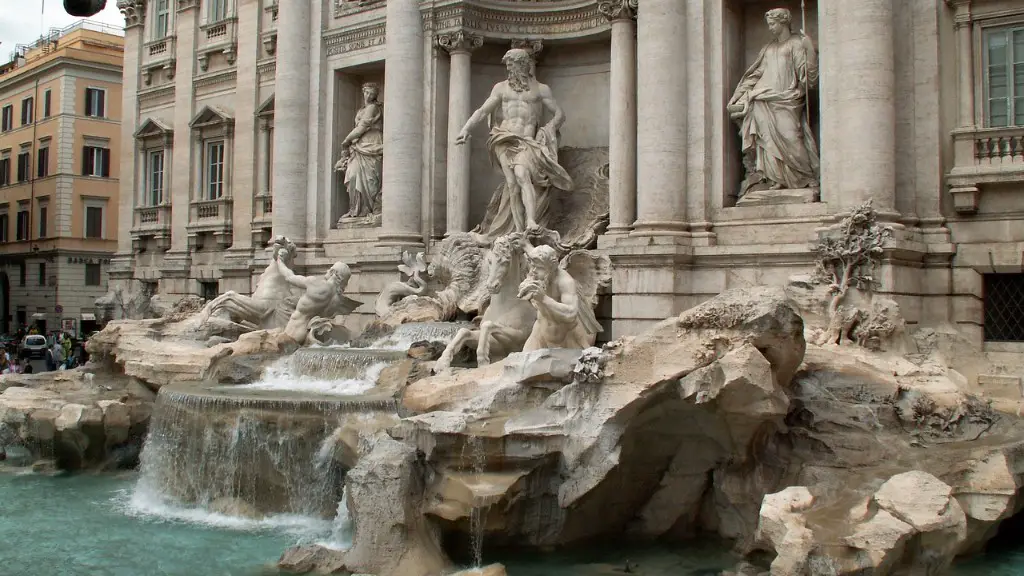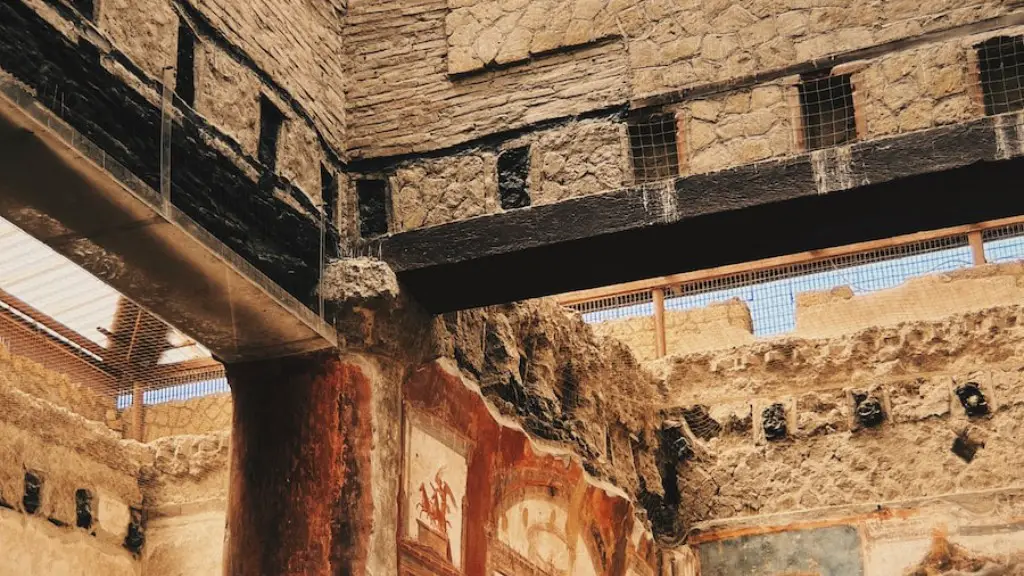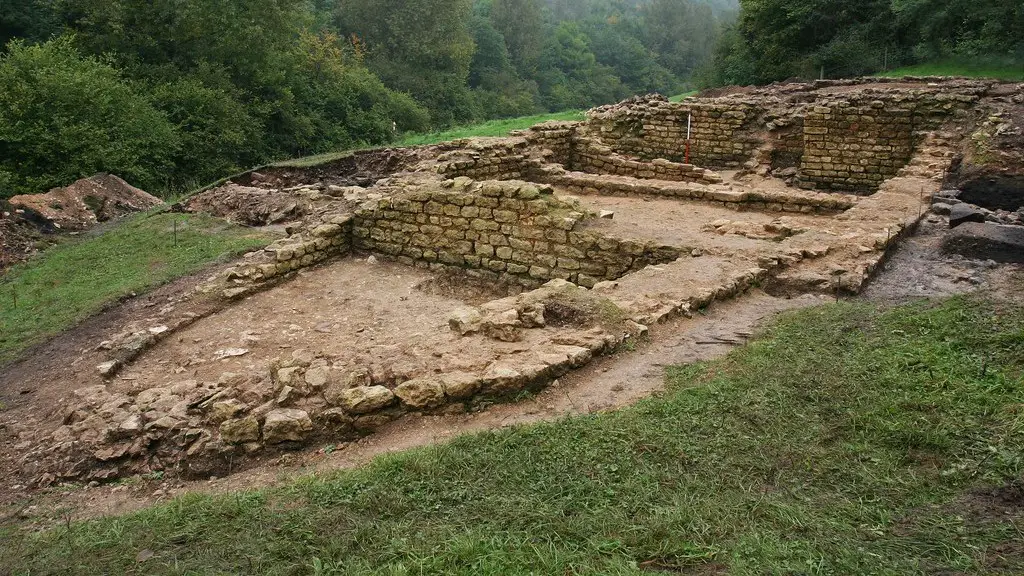Overview of Octavian
Octavian was a significant figure in Ancient Rome, arguably the most well-known of the Roman emperors aside from Julius Caesar. Born in 63 BC, Octavian was the adoptive son of Julius Caesar and eventually became the first Roman emperor, ushering in the era of the Roman Empire. Though he changed his name to Augustus and created the imperial court, he maintained the traditional customs of Rome and the Republic. As a result, his legacy as an emperor and a testament to the traditions of Ancient Rome earned him a well-deserved spot in the annals of world history.
Octavian was a shrewd and brilliant politician, a great military strategist, and a man of unparalleled power. His most famous struggles were within Rome itself, as he ruthlessly eliminated any opponents to the imperial throne and annexed the lands of his enemies to the Roman Republic. But he was also an effective general in battle and an astute diplomat, achieving peace with the Parthians and securing an empire of relative stability. As such, Octavian was a complex leader, at once a keen strategist and a ruthless ruler.
He was also highly literate and a passionate lover of the arts. Octavian gathered the leading intellectuals of Rome and commissioned great works of literature and art from them. He was one of the first patrons of the arts at Rome; and his patronage of writers became a tremendous source of inspiration for future generations.
In addition, Octavian was a great champion of the Roman Senate. He carefully studied the public laws of Rome and, after becoming Emperor, astutely managed the government to keep it in line with his beliefs. This ensured the Senate’s power over the executive branch of the government and gave Roman senators substantial influence over the management of Rome.
Octavian’s story is as much one of individual greatness as of conquest. Through perseverance, determination, and boldness, Octavian was able to achieve the rise of Rome as a powerful imperial state and to fight off the forces of disorderly insurrection that had been threatening the Republic. He established a lasting legacy and set a strong basis for the further subjugation of Rome by its armies.
Octavian’s Early Life
Octavian was born in 63 BC and raised in an environment of great privilege. His mother, Atia Balba, was of high social station, and his father was a wealthy landowner and military officer. Octavian was well-educated from an early age, learning rhetoric and literature from the finest instructors in Rome. He was already an accomplished orator by the age of 18, when he entered into public life.
Octavian first gained fame as a military commander at the age of 21. His decisive victory over Sextus Pompey at the Battle of Naulochus in 36 BC sealed his status as one of the most famous commanders in Roman history. This put him in a position of great influence at the Roman court, eventually leading to his adoption by Julius Caesar as his son and heir.
Octavian demonstrated an early fascination with power. He simply could not be content with a secondary role in government and sought to rise to the top of the Roman hierarchy. From an early age, Octavian was determined to gain the highest office in Rome, using all the resources at his disposal to do so. He was willing to go to extreme lengths to get what he wanted, which often included ruthless displays of force against his enemies.
Octavian’s Rise to Power
Upon successfully assuming the position of emperor, Octavian had a great degree of power and authority. He was, however, wise enough to accept the existing structures of Roman government and sought to enhance them rather than replace them. He restored the power of the Senate, the Republican government of Rome, and sought to ensure that it would remain intact for generations. This is why his lasting legacy has been one of stability and strength rather than chaos and ruin.
Octavian also seized the opportunity to expand upon the Roman Empire. He skillfully negotiated peace treaties with the Parthians and forced them to agree to his terms. Allying himself with the greatest kings of the Mediterranean, Octavian solidified Rome’s position as a superpower in the region, with a sphere of influence stretching from Gaul to Asia Minor. He also achieved great success in the West, annexing large swaths of land throughout Britain, the Balkans, and northern Africa.
Octavian’s astute and calculated maneuvering, both in politics and in military campaigns, truly cemented his position as one of Rome’s most influential leaders. What’s more, his decisions and actions would be remembered for centuries to come, and he is still rightfully regarded as one of the preeminent figures in the history of Rome.
Octavian’s Legacy
Octavian’s legacy is one of tremendous success in military and political power, which is why he is so often remembered as the founder of the Roman Empire. He also established a powerful code of laws and developed strong diplomatic protocols that have endured to the modern era.
The culture, literature, and art of Rome all flourished under his patronage, and the many advances of the Roman civilization that he sponsored remain some of the bedrocks of the modern Western world. To this day, many of the traditions he developed are still observed in the courts and public ceremonials of the Roman Empire.
Though his reign was brief, lasting only 10 years, the impact Octavian had on the course of history cannot be understated. He was a shrewd politician, great warrior, and patron of the arts, leaving a lasting impression on the world.
Octavian’s Political Impact
Octavian was a transformational ruler, ushering in a new era of imperial order and stability after hundreds of years of political upheaval in Rome. His reforms completely reinvigorated the Roman government, creating an efficient and effective system which saw the Senate reclaiming much of its former power, while still submitting to the ultimate authority of the Emperor.
Under his rule, the bureaucracy and civil service of Rome were further developed. By the time of his death, there were coherent systems in place for taxation, military strategy, and the administration of justice, which would stand the test of time. To ensure that these systems would last, Octavian took great pains to ensure that the Senate was filled with educated and competent officials who could maintain the progress he made during his lifetime.
Moreover, Octavian served as an inspiration for generations of Roman leaders. His success exemplified the idea that any man, regardless of his birth, could become emperor. Through his own hard work, he achieved greatness and instilled a sense of hope and possibility in Roman society.
Octavian was also adept at using propaganda and political tools to wield control over the Roman people. His propagandists proclaimed him to be a demigod and a master of Imperial Rome, and though he was certainly a controversial figure, his legacy cannot be denied.
Octavian’s Cultural Impact
In addition to his political legacy, Octavian was a leading figure in the cultural and literary development of Rome. His patronage of the arts was unparalleled, and his private libraries contained the works of the great writers of the time. Octavian also founded the city of Alexandria in Egypt, which became a center for learning and the diffusion of new ideas from east and west.
In time, the works of these authors became cornerstones of Roman literature. From Virgil’s epic tale of Aeneas to the tragedies of Seneca, these writings served to shape Roman identity for centuries to come. Octavian’s patronage of the arts was one of the greatest legacies of his rule, providing the Roman people with an education in the true nature of their culture and identity.
As his reign progressed, the cultural achievements of Octavian’s court continued to multiply. He focused on developing public entertainment, hosting spectacular events such as chariot races and gladiatorial contests in the Saepta Iulia. He also founded a series of public libraries and institutions to promote the study of the arts and sciences, allowing Roman citizens to pursue education and gain knowledge in these fields.
Additionally, he supported music, theatre, and literature, encouraging the production of plays, comedies, and theatrical performances. Thanks to Octavian’s patronage, Rome could proudly proclaim itself the greatest cultural center in the Mediterranean world.
Octavian’s Legacy in Modern Times
Octavian’s legacy has far outlasted his short reign as emperor, and he is still remembered for his achievements and for the immense changes he brought about in Roman society. His contributions to the political and cultural development of Rome have been studied and discussed by historians for centuries and have been acclaimed by modern scholars.
Octavian’s lasting legacy stands as a testament to his greatness as a leader and, more importantly, as a symbol of Roman might and resilience. From an unknown teenager, Octavian rose to great heights, utilizing his own guile, ambition, and drive to become the first Emperor of Rome, and in doing so laying the foundations for the Roman Empire.
Today, Octavian is remembered for his formidable character, his contributions to Roman culture, and for elevating the Roman Republic to greatness. He is indeed a symbol of all that is great about Rome, and his memory will forever be remembered by the citizens of the Eternal City.
